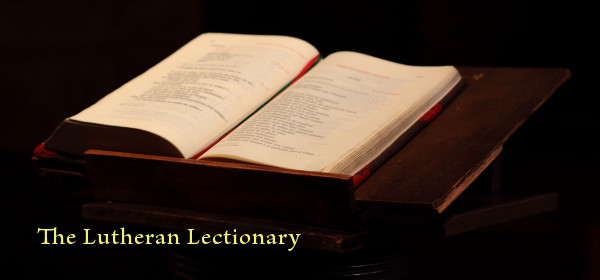One very popular method for preaching in the Christian churches for sermon delivery and preparations for many Christian traditions all around the world is to preach by a lectionary. Not known by the preachers from the non-liturgical traditions, the lectionary actually provides great opportunity for the preachers to be engaged in all three important methods of Biblical preaching.
So what is a Lectionary? The lectionary is actually a book that contains the Scriptures contents. Specific portions of the lectionary can be read on specific days, events or special situations. Usually there are daily and weekly lectionaries designed to be used by the preachers. The weekly lectionaries contain lessons which are preached in public in liturgical churches. The lessons and readings in the daily lectinaries vary from source to source. What part of the lectionary will be read daily or on every Sunday is determined by the Christian year or liturgical year. This way, the preachers through various seasons explain the Christian believers all major themes and events of the Bible. In addition, most liturgical lectionaries observe days for important Christian events and leaders. That’s how the Christian followers are connected with God, and learn how the God’s Spirit guided the Christian believers through the history.

Every lectionary organize the lessons and the readings according to the major Christian events in the church year. This way we hear readings about the birth of our lord Jesus Christ at Christmas, lessons about the Passion during the Holy Week, the Christ ministry during other parts of the year and so on. The Sunday lectionary generally contains three cycles of readings:
- Cycle A that contains the Matthew’s Gospel with the Old Testament
- Cycle B that contains the Mark’s Gospel, and
- Cycle C that is organized around Luke’s Gospel
Between the Gospel and Old Testament readings during every Sunday, a part of the New Testament is chosen and read until it is finished. During Easter, portions of the Old Testament are replaced by portions of the Acts of the Apostles from the Book Of Revelation.
So why preachers use lectionaries? There are many reasons why preachers use a lectionary. First, the lectionary provides breadth. The Christian believers can learn and hear a broad amount of the Bible during the year. Not every part of the Bible is covered in the lectionary, but still a comprehensive reading can be carried out with the daily lectionaries. Another benefit of the lectonary is that it saves time. The preacher can easily find portions of the Bible in the lectionary.






















